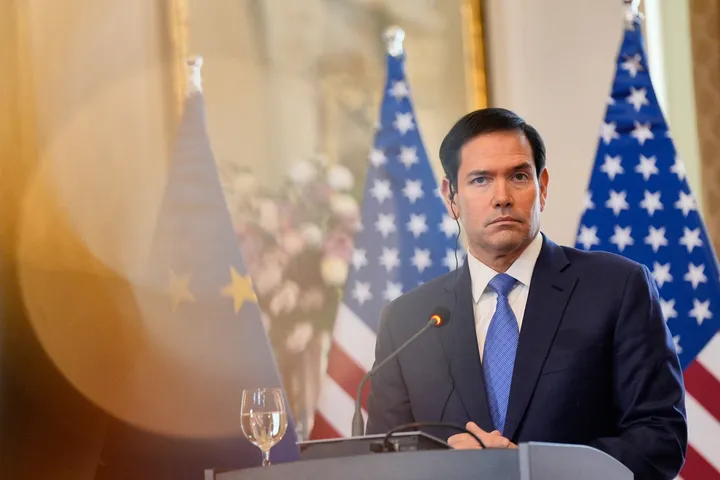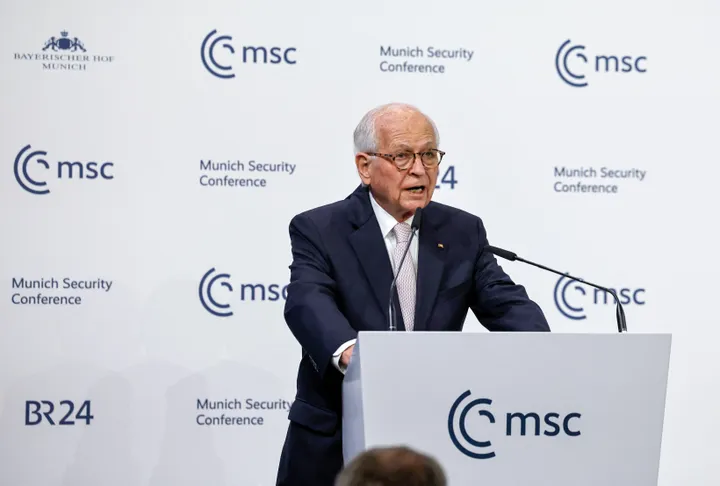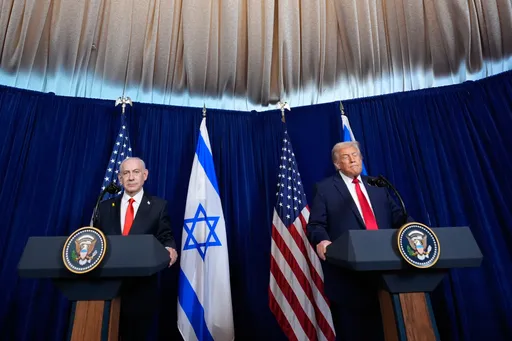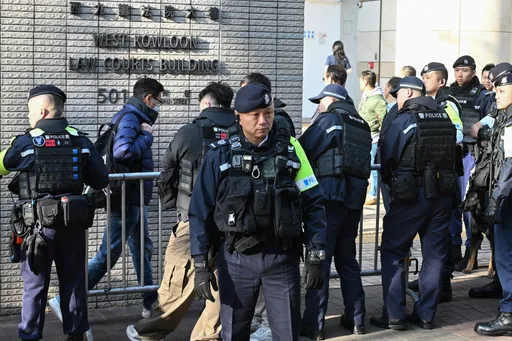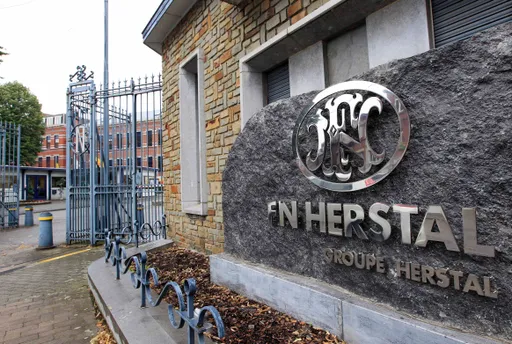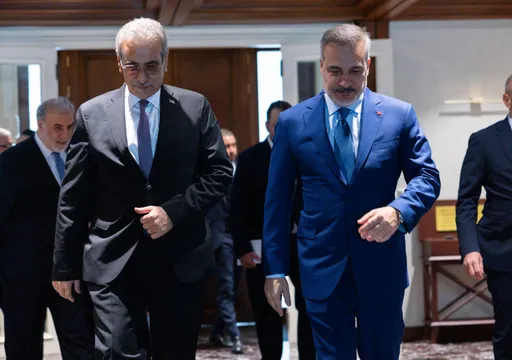News about Saif al Islam’s return to Libyan political theatre is once again making the rounds but experts say there are still major hurdles that will most likely block his ambitions to run for president of Libya in December - or even in the years to come.
Saif al Islam is the second of eight sons of the late Libyan revolutionary turned long-time ruler of Libya, Muammar Gaddafi.
In the last few years, various reports have repeatedly emerged that Saif al Islam wishes to run for country’s presidency.
However, most recently, his aides while speaking to The Times said Saif al Islam is ready to enter Libya’s political scene and public life and will be soon making a statement in this regard.
Abdulkader Assad, the chief editor of The Libya Observer and Libya Alahrar English tells TRT World that Saif al Islam is “directly involved in war crimes against Libyans during the February 2011 revolution”. The International Criminal Court has a warrant out for his arrest.
“Another thing is the Libyan mentality of tribal vendetta, and the gap the Gaddafi regime created in the social fabric, in Libya to the extent that his re-emergence could trigger a very complex war and retaliatory attacks, if elected of course.”
On the other hand, Associate Professor of political sciences at Istanbul Medeniyet University, Veysel Kurt tells TRT World that Saif Gaddafi has no place in the future of Libyan politics but is trying to take advantage of the existing chaos in the country.
“A chaotic environment that has continued for years has led to various interrogations in part of the Libyan people. Some people are trying to create a perception that the Gaddafi era was more stable, and Saif Gaddafi wants to use it,” Kurt says.
“He is trying to convince international actors that there was more stability in the country during his father's forty years of dictatorship. Saif Gaddafi has no merit, although it is now known that he has held talks with many countries, I do not expect such a development,” he adds.
Since his disappearance from public life in 2011 when he was captured by rebels in the Libyan desert following the killing of his father, Saif al Islam was sentenced to death in 2015 and was freed in 2017. As per the rumours, he was hidden in Zintan city which is located in northwestern Libya.
Saif al Islam’s aides argues that he was planning to run for elections scheduled for December 24 following the UN-brokered process this year. They added that Saif al Islam was reluctant to do so as his nomination would need to be ratified by an election law which could be potentially prevented by his opponents.
According to Assad, Saif al Islam is trying to gather support but not from inside Libya, but rather from foreign backers like Russia and France.
“Now he is enlisting the UK's help. He could have some foreign support on the political level, but militarily, I believe he wouldn't be able to convince neither east nor west armed groups to pledge loyalty to him, knowing that most of them took part in ousting his father,” Assad said.
His aides also stated that he had been in touch with foreign diplomats to curry favour for his return to politics.
According to Assad, Saif Gaddafi is a symbol of threats and intimidation in the eyes of the overwhelming majority of Libyans
“His personality is not popular now among Libyans who have seen the rise of a similar Gaddafi in Haftar who realised that military and family rules aren't the best for a democratic civil state.”
That the UN previously allowed Haftar’s ally, Aguila Saleh, to compete for the country’s transitional presidency, Assad believes those kinds of decisions have encouraged Saif al Islam as well.
“UNSMIL is operating far from the desire and interests or the aspirations of Libyans. It is working as per the agenda of the stakeholders and the bosses of the Security Council, especially the US, France and UK. Now, the use of ‘The British-educated Gaddafi’ term in the Times Article to describe a war criminal like Saif Gaddafi, indicates that the UK is also backing up his efforts to re-emerge on the scene,” Assad says.
“They are sending a message that if Haftar, who has been committing crimes in Libya since 2014 in eastern, southern and western Libya, can remain an ally to the west and an active figure in the political process, then why Gaddafi's son can't!”
Assad thinks Saif Gaddafi’s bid for Libya’s presidency sums up the fallacy of the political dialogue forum and it strips off its structure that is based on the quota system and tribal understanding.
“The political process unde the UNSMIL now is just a farce that is used to convince Libyans that they have no choice but to accept whoever is elected or they will remain in chaos for the rest of their lives. It is the fait accompli policy.”


